BC Bogey is the VOICE IN THE ATTIC. He is a critically acclaimed songwriter, multi-instrumentalist, award winning music video director and classically trained singer whose intense live performances have been hailed as an archetypal world of precise sonic imagery. To fulfil his artistic vision, BC has teamed up with Grammy-winning musicians and sound engineers from Europe and the USA, but remains involved in every decision that needs to be made, from recording through mastering audio tracks and shooting video clips. “A style which seeks to enhance rather than alter and distort a musical event is just what I was looking for,” he says. BC currently divides his time between Cologne, Germany and London, UK.
- How long have you been in the music business and how did you get started in the first place?
Voice In The Attic: The first album I did as VOICE IN THE ATTIC was released in 2009. Earily Familiar, as it was called, is no longer available, but two of the songs, ‘Golden’ and ‘Sometimes,’ are on YouTube and I play ‘Golden’ live every now and then. Before that, I studied opera and was the lead singer in several bands. There is a demo CD that I’m still proud of which was produced as early as 1999, under the name of TIDE. So it’s a bit hard to say when I got properly ‘started.’ The line between amateurism and professionalism is notoriously thin in the music biz. Over the years, I’ve been in touch with gifted musicians who could play their instruments better than many pros but didn’t make a living out of it. Anyway, I think I’d rather be an ‘amateur’ in the sense that the word is derived from the Latin term amare, to love (doing what you do). Often, the word professionalism implies taking yourself too seriously and losing sight of things that are really important in life.
- Who were your first musical influences that you can remember?
Voice In The Attic: It was probably classical music, though I can’t put my finger on the name of the composer. I remember browsing through my parents’ collection of long play records with my one of my brothers when I was three or four years old. We particularly listened to one album that contained what we thought of as a ‘fart,’ a sudden short loud sound made by a tuba or other brass instrument. We listened to it over and over again, rolling around on the floor, laughing hysterically. Later, at around eight or nine years of age, I listened to various German ‘Liedermacher’ (songwriters) but also to Hard Rock bands like Iron Maiden. My mother who used to sing folk songs with us kids must’ve bought me Powerslave on tape cassette. Next, I remember listening to Dvořák’s New World symphony and Smetana’s Vltava during music period. Great pieces, I can still play them back in my head. When I was twelve, my paternal grandmother sent me this amazing Christmas gift. It was a parcel containing Heavy and Thrash Metal LPs with some of the most horrible album covers ever. I had given her a wish list. Among the items had been Slayer’s Reign in Blood which glorifies Hell and came with a Parental Advisory: Explicit Content sticker, and Anthrax’ Spreading the Disease, which shows something close to a torture scene. I never thought she’d buy me any of these, but she did. She bought ALL of them. Remember, this was a time when you had to walk into a record store to get your hands on the stuff. Plus it was the Xmas season. I wonder what the staff were thinking when the old lady told them she was looking for Kill ’Em All J

- Which artists are you currently listening to? And is there anyone of these that you’d like to collaborate with?
Voice In The Attic: Frankly, I don’t listen much to other artists anymore. Maybe that’s because I want to define my own sound and style rather than emulate someone else. Whenever I do listen actively to something, I’m primarily interested in ‘technical’ aspects like the quality of the arrangement and production. I try to identify the individual elements of a song and analyze if it’s a well-balanced and interesting mix. If it’s vocal music, I may also focus on how the song’s instrumentation helps tell the story or contrasts with the lyrics. Today I can hear things I was totally unaware of a couple years ago. E.g. I might think stuff like: “Her voice is a bit over-EQed.” Or, “The delay on the guitar in the chorus is really cool but the reverb on the drums muddies the sound.” Or, focusing on the composition: “Wow, that’s a great chord progression.”
- Have you suffered any ‘resistance’ from within the industry, and if so how have you handled that, and how do you handle criticism and naysayers in general?
Voice In The Attic: Resistance is too strong a word. Generally, I’m getting a lot of positive feedback for what I do. But of course, there are occasions when I think, for instance, “Well, that person doesn’t seem to be the right reviewer for what I do.” Or even (on bad days): “They just don’t get it.” And, to be sure, one negative feedback far outweighs 100 positive feedbacks when you’ve just poured your heart into your music, because that’s when you’re really vulnerable. But I think that, ultimately, you can’t be too dependent upon other people’s opinions. This is a bit of a paradox, though. Humans are communicative animals—and suckers for attention. So while you need feedback as a human being, as an artist you should make music for yourself. There is a nice scene in the film Man on the Moon, starring Jim Carrey as comedian Andy Kaufman, whose manager (played by Danny DeVito) asks him: “Andy, who are you trying to entertain, the audience or yourself?” I believe there is only one good answer here: Entertain the audience by entertaining yourself, by doing what you really wanna do, not what is expected of you. For all I know, many great artists do what they do regardless of whether anyone’s watching or listening. It’s part of their personality structure, their way of connecting with the world. Though a little applause now and then won’t hurt.
- What are your thoughts on visual media and Youtube? Do think that video is an appropriate marketing tool for your music, and how do you produce your visual media?
Voice In The Attic: For me, visual media is an art form rather than a marketing tool. A music video is a complex beast. In a vocal song, there’s the imagery in the lyrics that is something I imagine, write down and sing. This creates mental images in the listener’s mind, which may or may not be the same as I conceived them. But in a music vid there’s also the images you can actually see on the screen. Now, here’s the complication. When the listener and the viewer are one and the same person, their aural and visual perceptions (what your brain makes out of what you hear and see, respectively) can conflict with each other. As a director, you can toy with contrasting stimuli to achieve certain effects, but it’s easily overdone. Then, the music video may become confusing or artsy fartsy. In contrast, if the stimuli are congruous, the video can quickly become clichéd, pedagogical, or simply boring. Last year, one of my videos won the award for Best International Folk & Roots Music Video at the Independent Music Video Awards in Australia. I was aware of this delicate balance when editing the piece, and I’m glad it went well. Among the competitors were well-established bands like 30 Seconds To Mars who have a much bigger budget of course. As for how I produce my visual media, I have professional equipment, like two Sony DSLR cameras with various lenses and industry standard editing programs. This yields great results if you know how to use it, but there’s a limit, of course. You can’t compete with Hollywood on a budget. Yet, you can make the most of what you have, which is what I’m trying to do. When producing visual media, I adopt many roles, from writing the script and shooting the scenes through directing, editing and financing the project. Ultimately, the script is the most important bit. You need to visualize the finished product before you even start shooting. Just going out filming things at random can yield good results if you’re lucky. But it’s not what I do. As a rule of thumb, I have a concept first, same for writing music. Next, I seek the best way to illustrate that concept verbally, musically, visually. Often, there is a narrowing process, as it’s easier to know which words, notes and images are not right. By the way, there is a new video coming up in which my dog, Birdie, plays the starring role.

- Which do you ultimately prefer? Entertaining a live audience or creating songs in a studio setting?
Voice In The Attic: That’s a tough one. I’ve just come back from a week on the road in Belgium and France where I tried out some of the new material. I’m still deeply moved by people’s reactions to my music. It was a fantastic experience. Ultimately, it’s that question about the artist and the audience feedback again. The feedback is much more immediate in a live context, of course, and if it is good it makes your day. But I also enjoy working in the studio—my own studio, the Attic—withdrawn from the world, where there’s no external pressure on me, where I can experiment and make all the mistakes in the world without anyone ever knowing. Once I know what to play and how to play it, my recordings are as live as it gets. I try to do as few takes as possible. Doing studio work can be a good preparation for going on stage. If you do solo acoustic gigs like me, with little more than an acoustic guitar and your voice, you show who you are, warts and all. This is when you find out the hard way if the song structure is solid. A good delivery is crucial, too, because there just isn’t a thundering drum set that you could hide a bad vocal performance behind. I sometimes rearrange my songs for acoustic sets. The fan fave ‘Ablaze’ is one of the tunes I do differently when playing solo, whereas ‘Over,’ for instance, stays pretty much the same. Even without the strings and the piano the song feels essentially complete. Perhaps it’s also worth noting that we live in strange times where the boundaries between a recording session and a live set get increasingly blurred. Everyone has a pocket-size video camera and sound recorder on them these days. When you’re on stage, many people stand there watching you through their iPhones rather than looking at you directly, which is a bit odd. This instantly turns a live situation, a process, into a product, a take-away gift that the fans give themselves. So it’s perfectly possible that your ‘live’ show, no matter how small, pops up on the Internet somewhere…Now it’s live, now it’s not.
- Songwriting, music production and performance, which of these do you handle on your recordings and which do you outsource?
Voice In The Attic: I’m involved in all these things, and many more. For instance, I also work with a graphic designer on visual aspects like logos and CD covers, and do most photographs myself. The only thing I’m outsourcing is the mixing and mastering of my music. I’ve read a few books about how it’s done and tried my hands at both, but it’s great to have fresh sets of ears at the end of a long day when you’ve already written, performed, recorded, arranged, edited and pre-mixed the music. Plus, you just can’t beat the engineers I work with. They’re doing a helluva job.
- What is your latest single, EP or album release and where can fans find it?
Voice In The Attic: Well, look forward to After Songdown! The album will be out on November 15. It contains 13 songs, and there will be a digipak with bonus tracks. ‘Over’ is the first single release. The song is currently nominated for an award at the UK Songwriting Contest, in the only category where the performance and the vocals are judged as well. After Songdown is an acoustic album. On it there’s instruments like strings (upright bass, cello, violins & violas), drums & percussion, a vintage piano and many more. I’m really proud of this baby. One track, an instrumental based on piano and strings, is under consideration for a feature film soundtrack at the moment.
- Which ingredient do you think makes you special and unique as a performing artist in a business thriving with newcomers and wannabes?
Voice In The Attic: It seems that people notice that I really mean what I sing. I’m not putting on much of a show, and I play with the same intensity to a single person as to a room full of people. Perhaps my motto is best expressed by painter Vincent Van Gogh, cited in the book 1,000 Recordings To Hear Before You Die: “Always seeking without absolutely finding…I am seeking. I am striving. I am in with all my heart.” I suffer terribly when I don’t get it right, meaning when I feel the song I’m playing doesn’t live up to its full potential. Besides, I don’t ‘wanna be’ something or someone I’m not. Stardom is not my goal. What I want to do is write songs that last or have the potential to last. Whether they really do because enough people buy them so they have a shelf life and place in some sort of canon is secondary to me. Recently, a reviewer noted: “Voice In The Attic has a timeless sound.” What he meant was that I don’t use any electronic effects that are reminiscent of a particular decade. But I think that, as far as the song in question, ‘Over,’ is concerned, it is also true for the songwriting. ‘Over’ will be a good song 20 or 50 years from now when people’s tastes have undergone yet another change. I believe that it is a timeless piece of musical reflection on one of the great constants in life. It was hard work getting there, and the sparse arrangement is an exercise in the art of reduction. There are several demo versions that will remain unreleased.

- If you were forced to choose only one, which emotion, more than any other drives you to be a part of this tough business. Is it joy, anger, desire, passion or pride and why?
Voice In The Attic: Passion, I guess. On the dust jacket of my copy of Vladimir Nabokov’s novel Lolita, John Updike says: “Nabokov writes prose the only way it should be written, that is, ecstatically.” I would not say ecstasy is my goal in writing and performing music, but passion and transcendence are. Transcendence of the mundane. We can be so much more than the petty selves we frequently put on display. And I mean this both in a moral and a spiritual sense. I’m sort of trying to feel myself into other spheres of existence, and I try to bring back here as much possible from that trip which, by the way, does not involve the taking of any drugs. Not even so much as a glass of wine. Making music to me is a form of practical meditation. No need for substance abuse here.
- Which aspect of being an independent artist and the music making process excites you most and which aspect discourages you most?
Voice In The Attic: I love being in charge of artistic processes. I’m a DIY maniac, I guess. If it can be done by me, I wanna do it. On After Songdown, I wrote the arrangements for all of the instruments, even those I cannot play myself, like the string sections and the drums. I recorded these sequences using MIDI. Then I played the demos of the songs to the other musicians and told them: “Here’s what I have in mind. Close your eyes, feel the music and improve on it, if you can. Breathe life into it.” And they did. I love this sort of dialogue, and it’s fantastic that as an independent artist I can decide who I want to work with. Many of my friends are great musicians, and we had tons of fun while working on the album together. What discourages me? Nothing, really, or I wouldn’t be here today. I’m quite persistent.
- How do you market and manage your music career? Do you have a management team or do you control everything by yourself?
Voice In The Attic: At present, I do it all myself. However, I can see that there might come a point in the not too distant future when I need to outsource these processes. Otherwise I’ll be unable to do what I do best—making music and writing songs.
- How do you achieve your great sound? Do you work exclusively in a private home recording environment or do you use a commercial sound studio too?
Voice In The Attic: Thanks, I take that as a compliment. For tracking, I use the Attic, which is a private home recording environment with top notch equipment, from the cables I use (Vovox) to the microphones (Neumann, Mojave, DPA) to the mic preamps (Neve) to the audio interface (RME’s flagship model) to the digital audio workstation and the sequencer I’m using. The Attic is a very special environment for me, and it’s where most of my songs are conceived. For mixing and mastering I use commercial sound studios, but I took my time in choosing the right studios, and most of all the engineers that I wanted to work with. So I had a bit of a trial period in the past. Like I said, I tried my hand at mixing and mastering, mainly for budget reasons but also because I wanted to be in the know about these processes. The benefit for me is that today I know exactly how to communicate with the mixing and mastering engineers, because I understand most of what they do. So my instructions for them are rather specific. The new album was mixed by Craig Durrance who works for an online music production service in L.A. that I’ve collaborated with every now and then from 2011. He also works at Paramount Studios. Craig did a fantastic job on After Songdown. I think by now he knows exactly what I’m after when I hand him the raw material and my premixes. The album was mastered by Bernie Grundman. I am an audiophile at heart, and some of Bernie’s work, especially on acoustic albums like mine, ranks among the best I’ve ever heard, like e.g. Jack Johnson’s In Between Dreams. Bernie is a bit like me, someone in search of his own sound. They have unique custom-built soundboards at his facility in Hollywood, and then there are the ears of the master himself…Is this the loudest master ever? No, it’s not, because there is very little compression on it. It’s very transparent. But crank it up to the volume level you feel comfortable with and you’ll be transported to another dimension.

- The best piece of advice in this business you actually followed so far, and one you didn’t follow, but now know for sure that you should have?
Voice In The Attic: Hm. Not sure I missed a major chance. Conversely, there isn’t a single best piece of advice that I could name. What I do, though, is read music biz blogs and columns whenever I find the time to do so. My own best piece of advice for other artists goes like this: Hone your listening skills. Listen to the silence and the song will come to you. Buy only gear that inspires you, stuff that you have a relation with right from the start, gear you love to use. Like any long-term relationship, you shouldn’t go for second best. I just bought another acoustic guitar from an Australian company called Cole Clark, because these Fat Ladies, as the series is called, sing to me like no other. And I’ve tried every other brand out there.
- What are your thoughts on talent shows like The X-Factor and American Idol? Do you think they are a viable source of real talent and a good start out career choice?
Voice In The Attic: That’s hard. Frankly, I believe these shows are bullshit, but I can see how desperate young people are to get their careers started. It may indeed have worked like a time machine or fast forward button for some, like Pink or Kelly Clarkson who are good singers, of course. However, the concept of these shows is so different from how I approach music that I can’t take it seriously. Much of what goes on there isn’t even music to my ears. Many of the so-called artists that emerge from these castings are puppets on strings, desperately trying to impress by belting their lungs out. Poor wretches.
- Do you consider Internet and all the social media websites, as fundamental to your career, and indie music in general, or do you think it has only produced a mass of mediocre “copy-and-paste” artists, who flood the web, making it difficult for real talent to emerge?
Voice In The Attic: Another hard question, this is like the BBC’s Hard Talk J Yes to all parts of the question.
- If someone has never heard your music, which 3 keywords would you personally use to describe your overall sound and style?
Voice In The Attic: “Beautiful, poetic and heartbreaking.” (Ross Barber, Electric Kiwi). If you gave me two more words, I’d quote from your great review of Over: “Like butter on a muffin.” J
- Why the choice of name ‘Voice In The Attic’?
Voice In The Attic: That’s a long story. The name has many connotations for me. First and foremost, I’m a singer, hence ‘voice’ in the attic rather than say, violin. I could’ve been an opera singer, but it wasn’t what I wanted, and so I dropped out. Like toys in the attic, the name is also a tongue-in-cheek reference to madness. In Patrick McGrath’s gothic novel Spider the schizophrenic protagonist believes to hear voices coming from the attic of the boarding house he stays at. To me this is a sign that artistic processes ultimately have to ‘get out there.’ You go mad if you don’t enter into a fruitful dialogue with others. Music is a means of communication, not just a product or service.

- As you work your way through your career, which more than any other fires-up your imagination – A Grammy award, Platinum music sales or some other tangible milestone?
Voice In The Attic: A Grammy would be fantastic. Over the last couple years, I have worked with different Grammy nominees and winners (among them Craig and Bernie), and even one who’s on the committee. So it’s actually quite imaginable for me to win one myself.
- What is the ONE thing you are NOT willing or prepared to do EVER, in your quest to achieve a successful musical career?
Voice In The Attic: As Voice In The Attic, I would never sing lyrics that don’t ring true to me. I mean words that aren’t truthful from my viewpoint because e.g. they don’t express what I really think and feel about a particular situation or topic, or that have nothing to do with my own life. I am a member of a well-known A&R company and they have these biz opportunities where you can submit songs to the producers of Platinum-selling artists who are in the studio right now and in desperate need of hit material. To me this is totally bizarre. Why the hell would you enter a recording studio when you’ve got no idea what to record? Actually, I’m tempted to write a few songs for these poor Frankensteinian monsters who aren’t accustomed to expressing genuine emotions…You can find all kinds of excuses for these people of course (like they have contractual obligations or need more money because they spent all the millions), but it’s diametrically opposed to what I think about (making) music. In fact, one of my cardinal rules in writing songs as Voice In The Attic is—and there are times when I say this aloud to myself when things aren’t working out at the microphone stand: “If you got nothing to say, or if you don’t mean what you say, just shut the fxxk up.” See the idea that music is a vehicle for transcending the mundane, or transforming yourself, rather than a commercial product. By the way, people increasingly ask me how I do it, so I’ve cobbled together a list of advice for future songwriters. But it’s rather mock serious.

OFFICIAL WEBSITES: WEBSITE – CDBABY – FACEBOOK
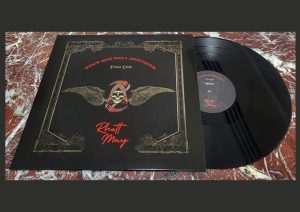

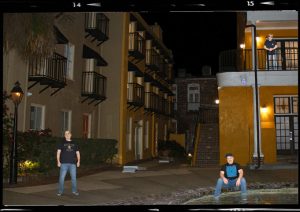
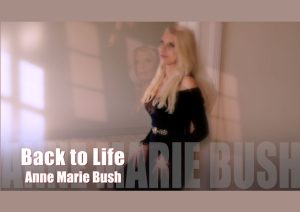


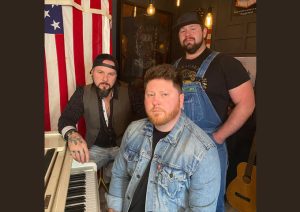
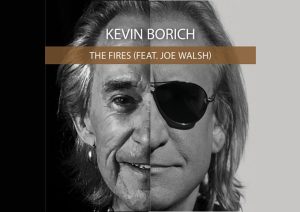



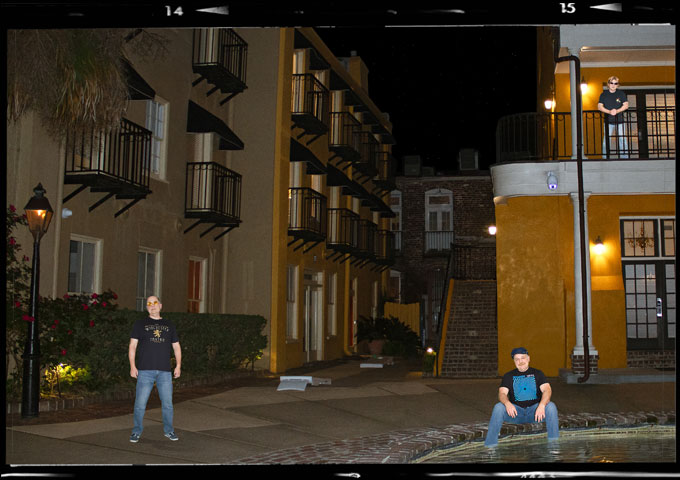

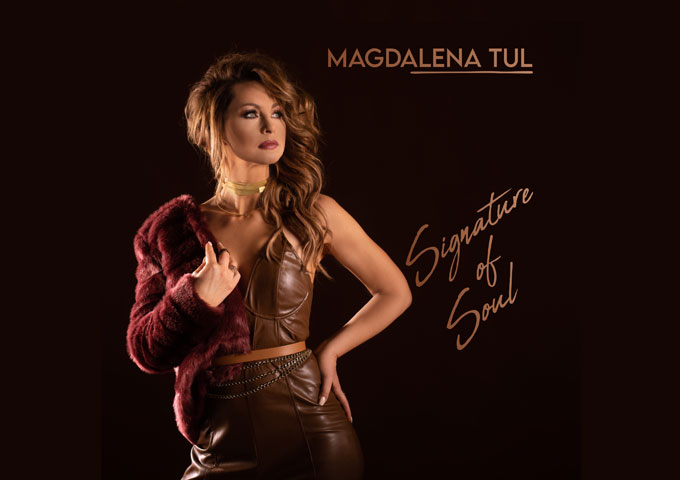
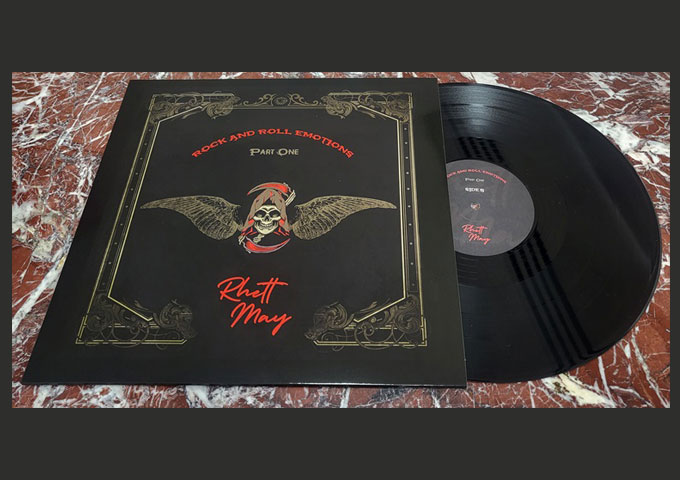



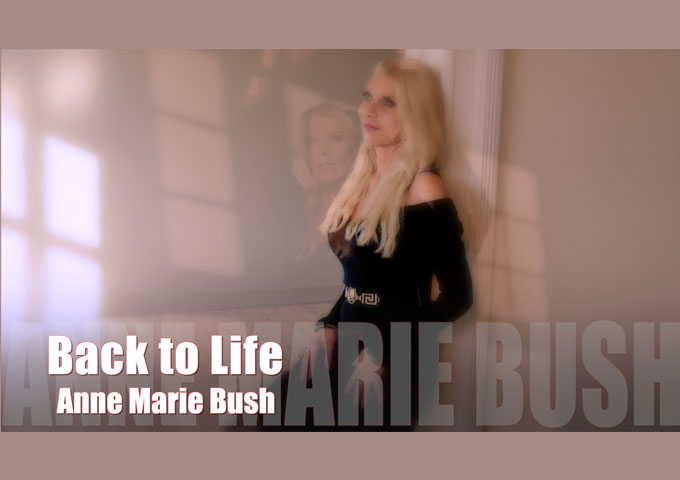
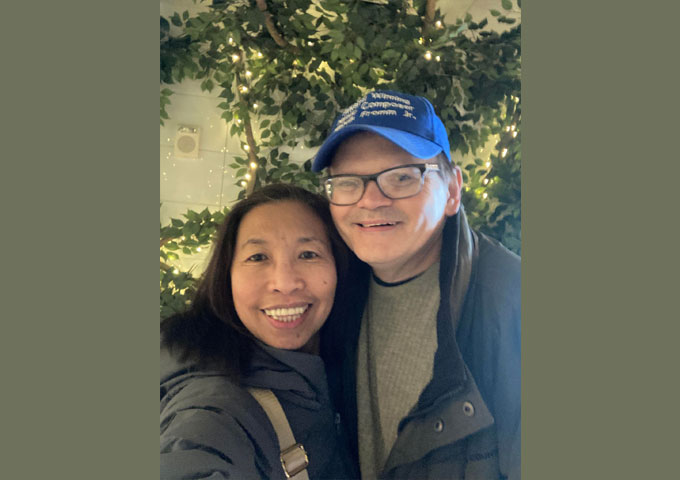
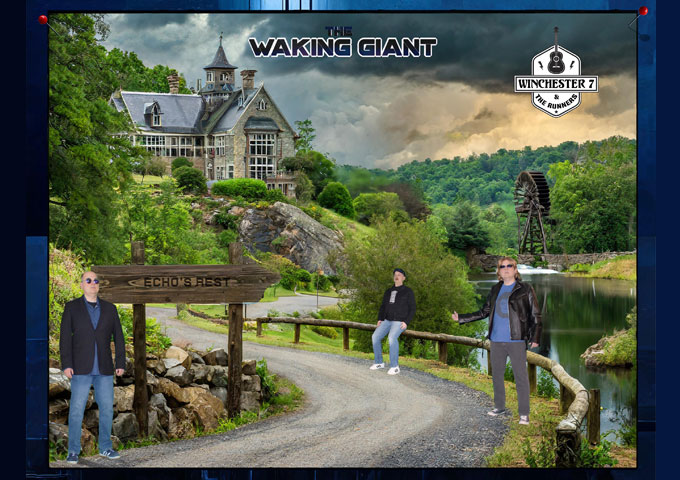
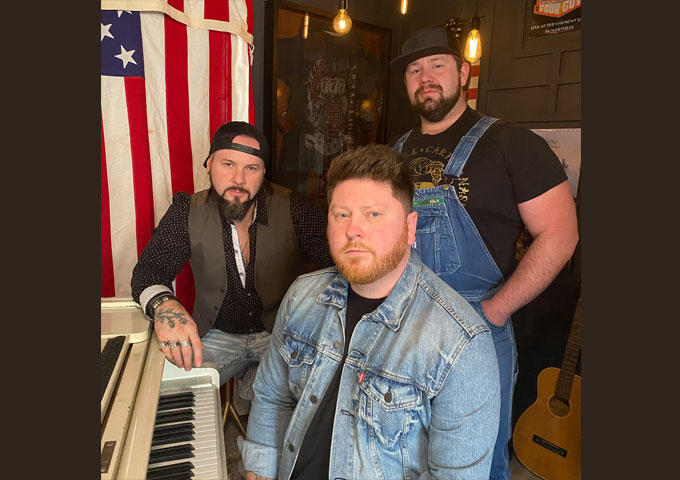
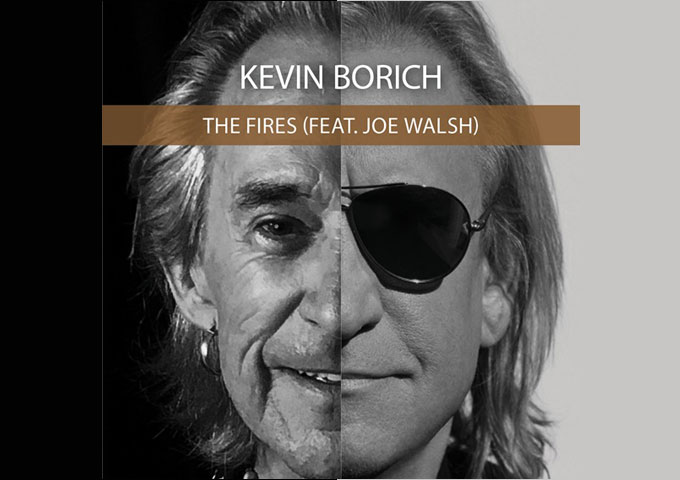
+ There are no comments
Add yours